Idiom is a wonderful flower in Chinese traditional culture, and it is also the historical witness and cultural crystallization of ancient Chinese civilization. Idioms are derived from ancient Chinese fables and myths, historical events, poetry and people’s daily spoken language, and after a long period of tempering and evolution, they finally form a set of fixed phrases.
The idioms are neat in form, harmonious in rhythm, fixed in structure, concise and comprehensive, and more than 90% of idioms consist of four characters. Almost every idiom has an interesting story behind it. For example, when you mention the idiom “hold the scroll in your hands”, you will immediately think of the story of Lu Meng, a general of Eastern Wu during the Three Kingdoms period.
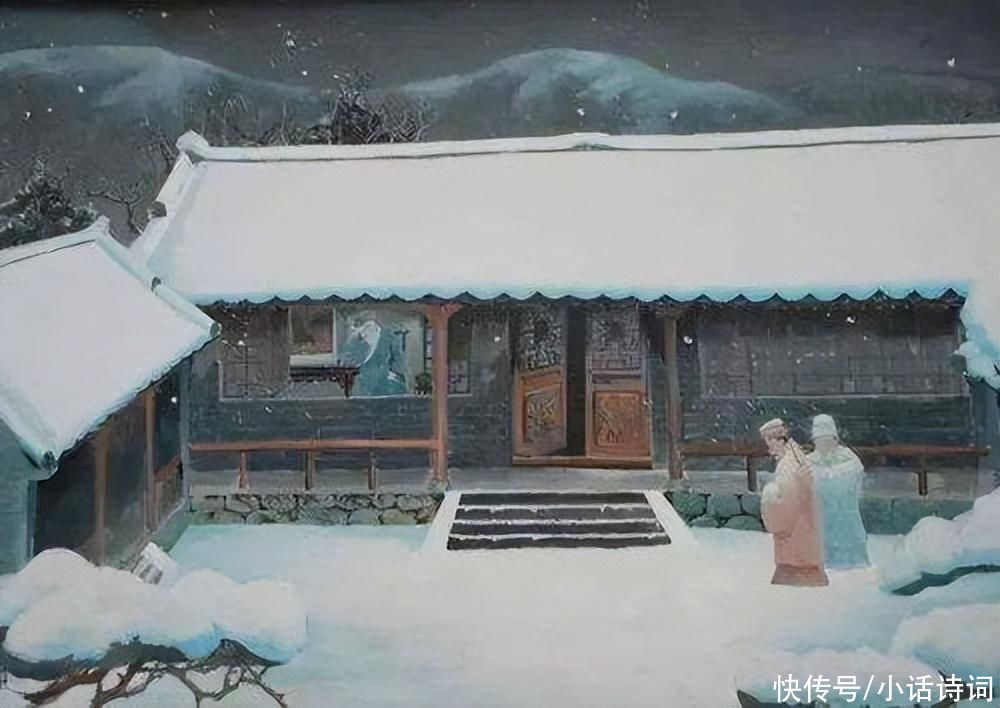
For example, “Chengmen Lixue ” This idiom is an interesting story. It tells that Yang Shi went to visit his teacher Cheng Yi, Cheng Yi was taking a lunch break, and Yang Shi had been waiting outside the house until The teacher wakes up. At this time, the snow outside the house was already very thick, and Yang Shi stood in the heavy snow for several hours, and his body was also covered with a thick layer of snow.
So, who is Cheng Yi who Yang Shi went to visit? It turned out that he was a famous master of Neo-Confucianism during the Northern Song Dynasty, and he and his elder brother Cheng Hao were both famous for being proficient in Neo-Confucianism. Many intellectuals took the Cheng brothers as their teachers, because the Cheng brothers gave lectures in Luoyang for a long time, and people also called their ideas “Luo Xue”.
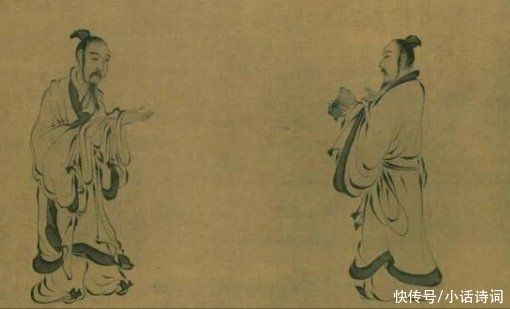
The core idea of Luo Xue is “Tian Li”, Cheng Hao once said: “Although my learning has been taught and received, the word ‘Tianli’ is thoughtful.”Cheng Hao is able to learn from others’ strengths and be inclusive, and his theory also incorporates interpretations. Some Thoughts of Home and Taoism.
Luo Xue is Neo-Confucianism, and their brothers were important figures and founders of the development of Song Dynasty. What is the connotation of the Neo-Confucianism proposed by the Cheng brothers? Simply put, Neo-Confucianism is the inheritance and development of Confucianism.
The two brothers of the Cheng family gave lectures in Luoyang, wrote books and books, further speculative Confucianism, and creatively put forward many distinctive Confucian concepts, which became a family of words, and Cheng Hao is obviously this. The main character of a doctrine.
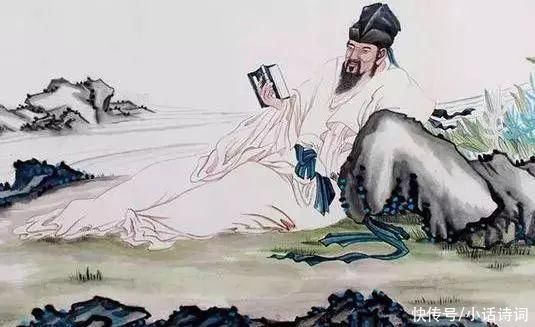
Cheng Hao was born in 1032, the word Bochun, his ancestral home is Zhongshan, and he came from Kaifeng Moved to Luoyang. Cheng Hao passed the jinshi examination at the age of 25 and has been working in the local area for a long time. He is a scholar-type official. Later, he faded out of his official career and devoted himself to academia, living a life of reading, writing and lecturing, so he was also known as Mr. Ming Dao. Cheng Hao taught for a long time in his life, so he left many lecture notes and writings, and his students compiled his speeches into books.
Cheng Hao, when expounding his ideas and propositions of Neo-Confucianism, believes that: “Li” is a natural natural trend< /span>. Cheng Hao once put forward the point of view of “checking things to gain knowledge”, he believes that everything has a reason, reason and mind are one, everything is in my heart, only by deeply exploring everything can we get the philosophy contained in it.
In other words, Cheng Hao’s Neo-Confucianism is actually the inheritance, innovation and development of the pre-Qin Confucianism system. philosophical thought.
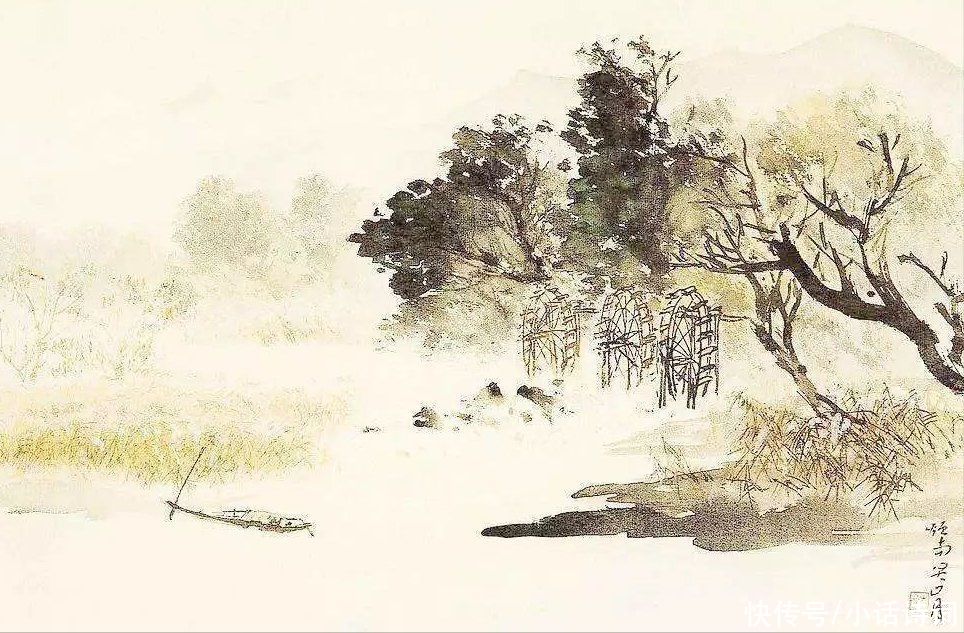
Philosophy and rational interest in Cheng Hao’s poetry
Cheng Hao’s point of view is not only obtained and generated in the study desk, nor is it derived from hard thinking in the form of desk work, but from the bits and pieces of life.
In other words, his point of view is the realization of life, from his contact and understanding of life, and from his close contact with nature.
Nature’s flowers bloom and fall, the sun and the moon fade away, the spring and autumn come, these ordinary changes will bring Cheng Hao a new experience at a certain moment, and even more so. Appropriately speaking, it will bring him new inspiration and new philosophy.
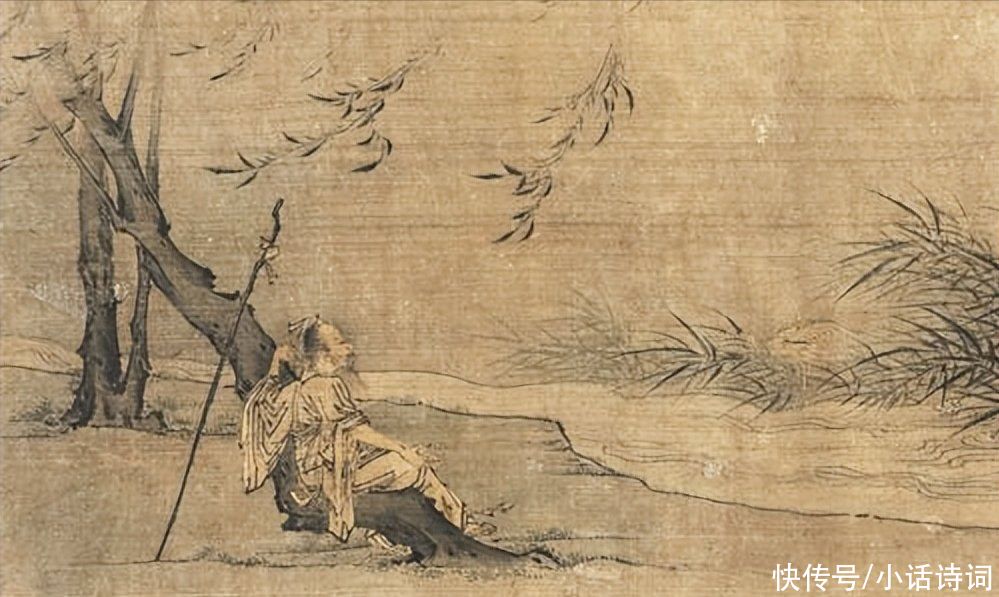
Cheng Hao cherishes the inspiration at this moment, but the inspiration is fleeting . How to record these inspirations, Cheng Hao thought of the most concise way, that is to record the core of inspiration with very few words, and poetry is undoubtedly the best choice.
Cheng Hao wrote more than 70 poems just to record his inspirations in his lifetime. Although he is not very good in number, he always reveals that he has learned from nature. Inspiration, as well as the philosophy and wisdom of life he learned from it.
It can be said that Cheng Hao’s poems are full of rational interest and have an aesthetic interest that inspires readers. For example, this “Spring Day Comes Together” reflects the poet’s philosophical thinking and aesthetic taste everywhere:
The clouds are light and the wind is near noon, and the flowers follow the willows. past Qianchuan.
When people don’t know what to do with their hearts, they will be called teenage boys.
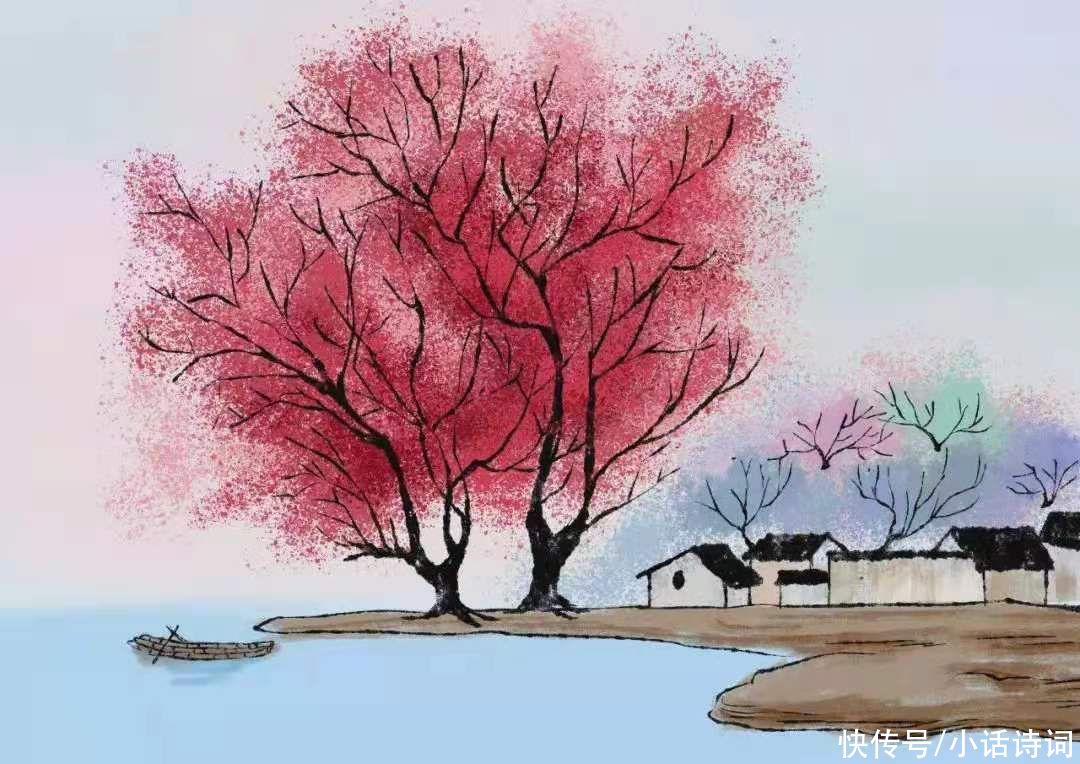
This poem was written on a spring day with flowers and willows near noon. The poet went for a walk outdoors, feeling the beautiful scenery in front of him, an improvised one. A poem.
The first two sentences are about the rich scene that the poet saw when he was walking. It is the flowers and lush trees that bloom in spring.He bathes in the spring breeze and spring light with all his heart and experiences the boundless beauty of spring.
The last two sentences are the poet The poet was intoxicated with the beauty around him alone, and his heart was full of joy. However, the pedestrians on the road did not understand his inner happiness, and would definitely say that he was a man who took a leisurely spring outing and asked for flowers and willows.
These two poems actually use a negative form to express that he is not a “student boy”, he is just enjoying the joy of spring.< /p>
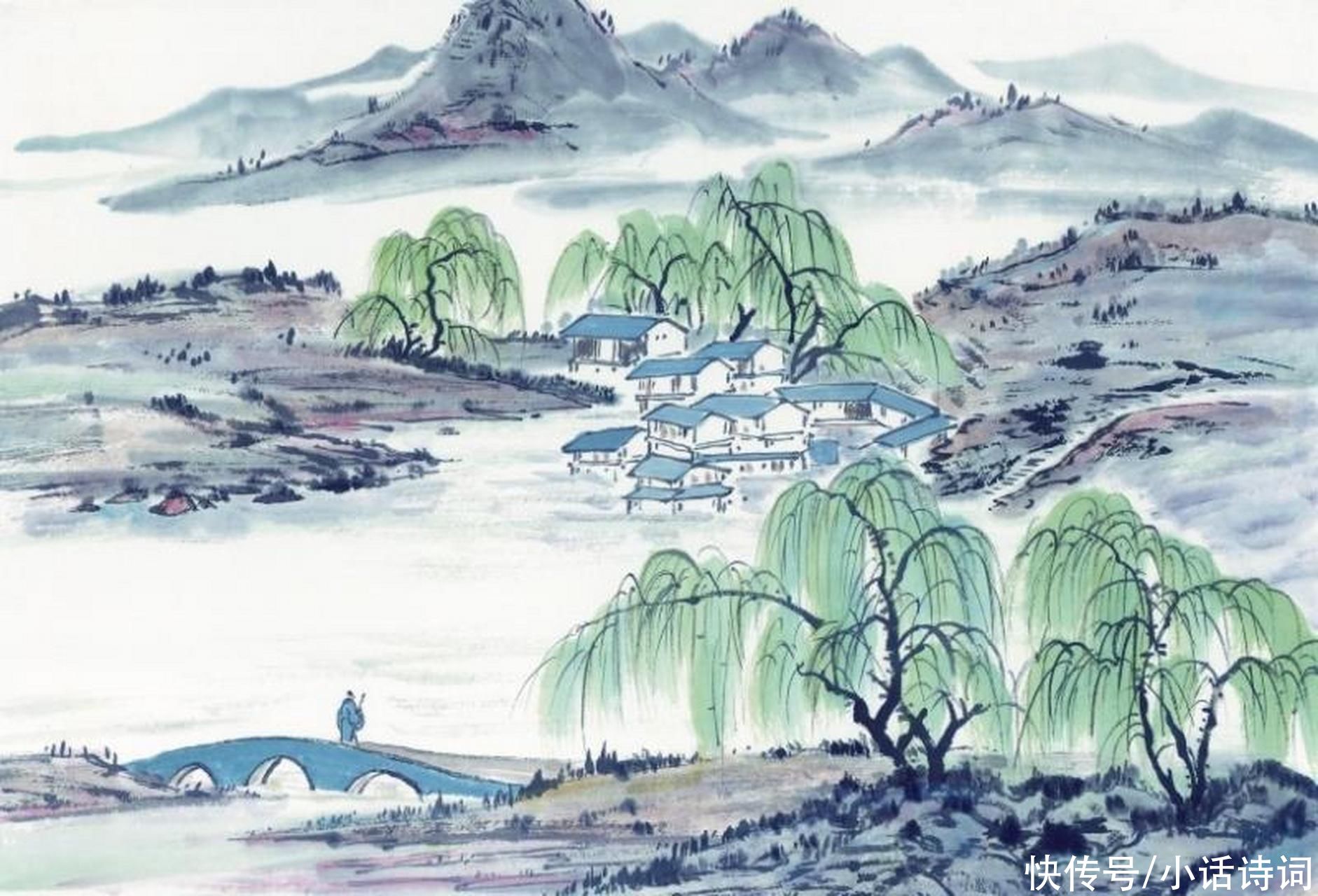
The scenery in spring is so beautiful, the flowers, plants and trees are full of vitality and thriving, this is what makes Cheng Hao happy. The reason for this. When spring comes, the earth is full of vitality, pink and willow green, and birds singing and dancing.These natural phenomena prove that happiness comes from the heart and cannot be experienced by others. .
In this poem, the poet connects the reason for his inner happiness with the beautiful natural phenomenon. This kind of natural thought is the philosophical thought of Cheng Hao. Reflect.
It can be seen that Cheng Hao is a person who loves life and nature, pays attention to changes in nature, and finds fun in changes. since Think about the laws and characteristics of natural changes, and connect people with nature. This is the philosophy of life.
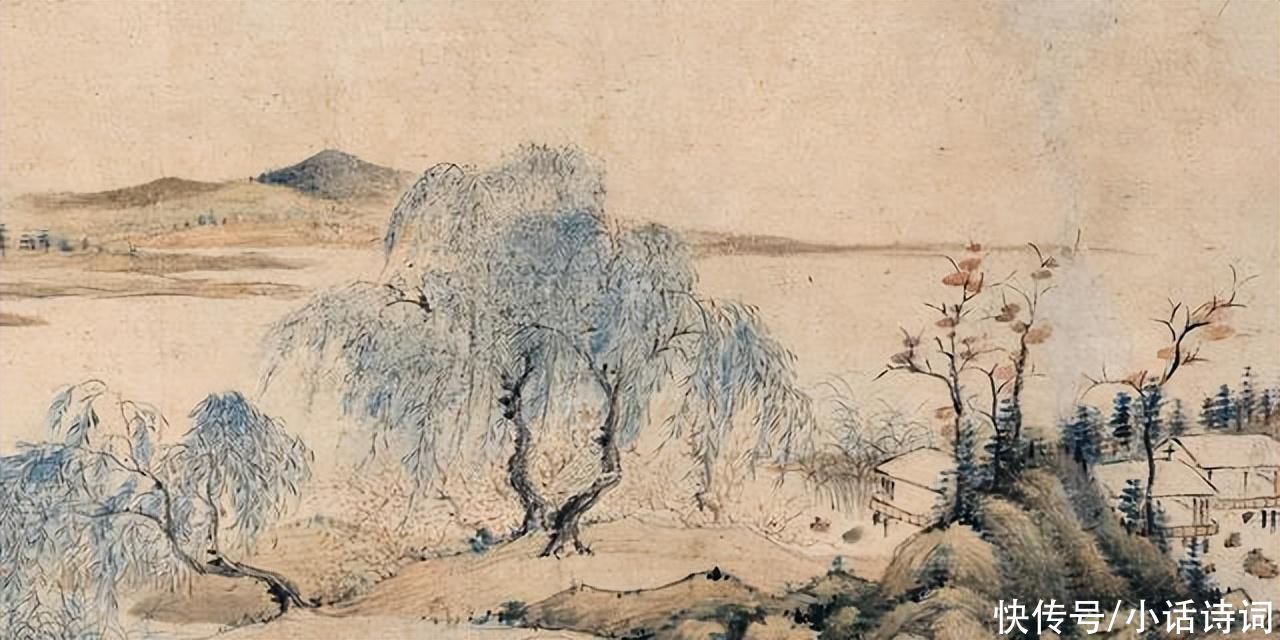
There are philosophy everywhere in life, a simple There may be philosophical and wisdom in the things of the past, and you should experience it slowly and savor it carefully. This “Suburban trip is an event” fully reflects the poet’s thinking:
Yangyuan Lvye acts freely, Spring enters the distant mountains and green surroundings.
Crossing through the chaos of red through Liuxiang, trapped in the flowing water and sitting on the moss.
Mo Cizhan wine is very persuasive, only afraid that the wind and flowers will fly.
The weather is clear and bright, so don’t forget to go home.
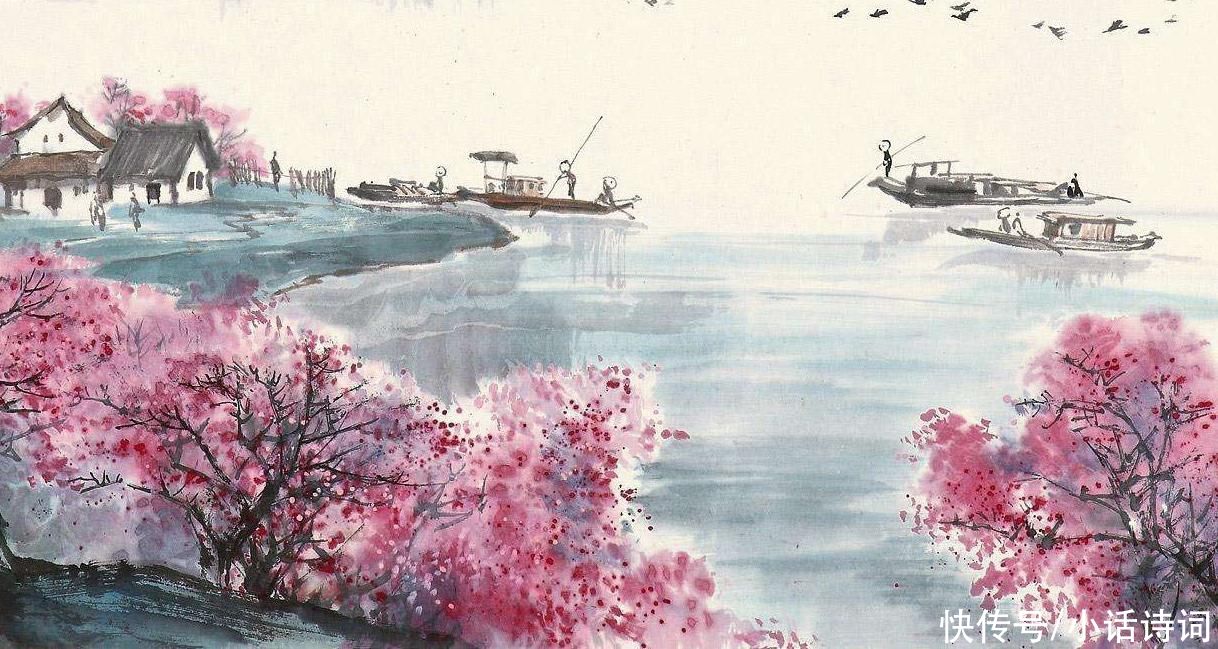
This poem was written on Qingming Festival and describes The fresh and beautiful natural scenery on the outskirts of Qingming Festival, as well as the happy mood of the poet’s spring outing, and the happy moment of friends gathering. In the poem, it also reveals the true meaning of life that people should cherish friendship and cherish the good times.
The first four sentences describe the Qingming season. The countryside in the countryside is full of green and vibrant scenes, which is just a good time to go out for a walk. The poet enjoys the scenery freely and unrestrainedly, and walks into the mountains in a leisurely stroll.
In the intimate contact with nature, the poet travels happily, chasing falling flowers, walking around the tree-lined mountain village, and sitting on the water when he is tired. On a stone with moss growing on the side, watch the babbling stream.
The mood of the poet also changes with the location of the spring tour, and the footsteps of the poet are changing, but the happiness brought by the tour has not diminished at all. The poet, You Xing brings an immersive experience to the poet.
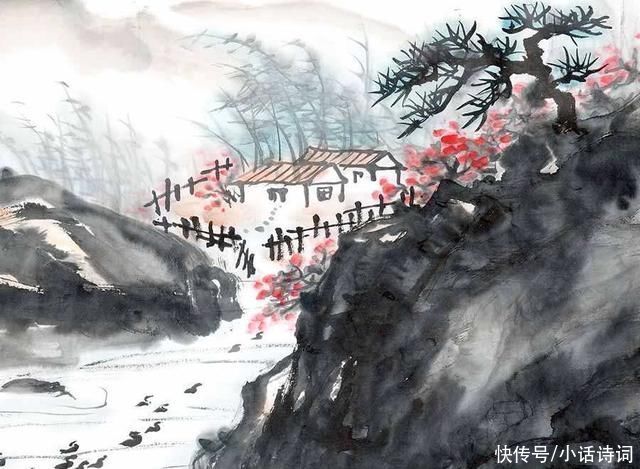
The last four sentences write about drinking and enjoying flowers. The poet met a friend who lived in seclusion in the mountains, and the reunion of the friend added a lot of happiness. The poet came to take advantage of the excitement, of course, he had to have a long talk with his old friends and have a drink. The weather on Qingming Festival is good, and getting together with old friends is a great joy. The happy mood and happy atmosphere make the poet linger.
This poem is Cheng Hao’s experience of the fleetingness of time and the value of friendship in the extremely simple and happy things in life. The poet thought about the simple things in life: To cherish friendship and cherish good times, this is the true meaning of life, this is the simple and ordinary philosophy of life.
Simple and ordinary things often contain philosophy and wisdom, and poets always connect life with nature, which is what he put forward ” The philosophical thought of “Tianli”, his poems reflect this philosophy and interest everywhere.
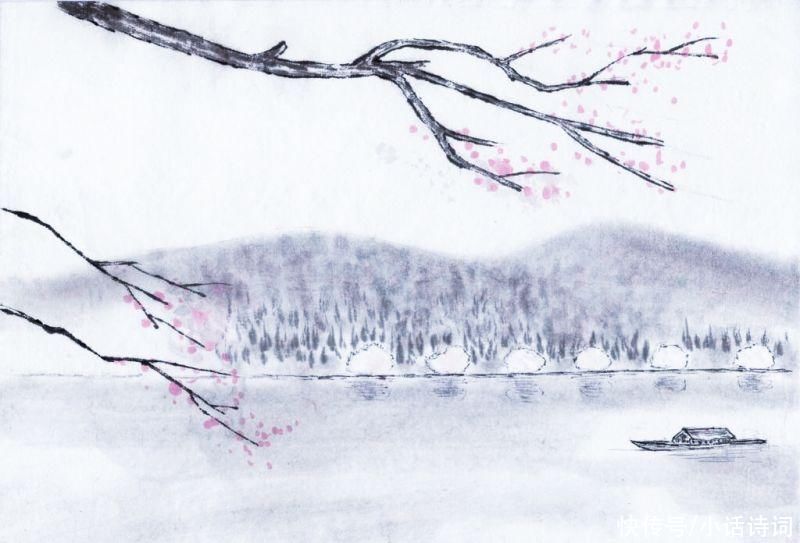
The rationale and interest are all reflected in Cheng Hao’s poems . This “Autumn Days” is just like “Spring Days”, has the same purpose, and it is also the poet’s feeling for the alternation of the four seasons, indicating that people should discover and enjoy the fun of the changes with the changes of the four seasons. The original poem of “Autumn Days” is as follows:
All things are contemplative and self-satisfied, and the four seasons are the same as others.
Dao connects the world to the outside world, and thinks into the metamorphosis of the situation.
The rich and the noble are not promiscuous, the poor and the lowly happy, and the man here is a hero.
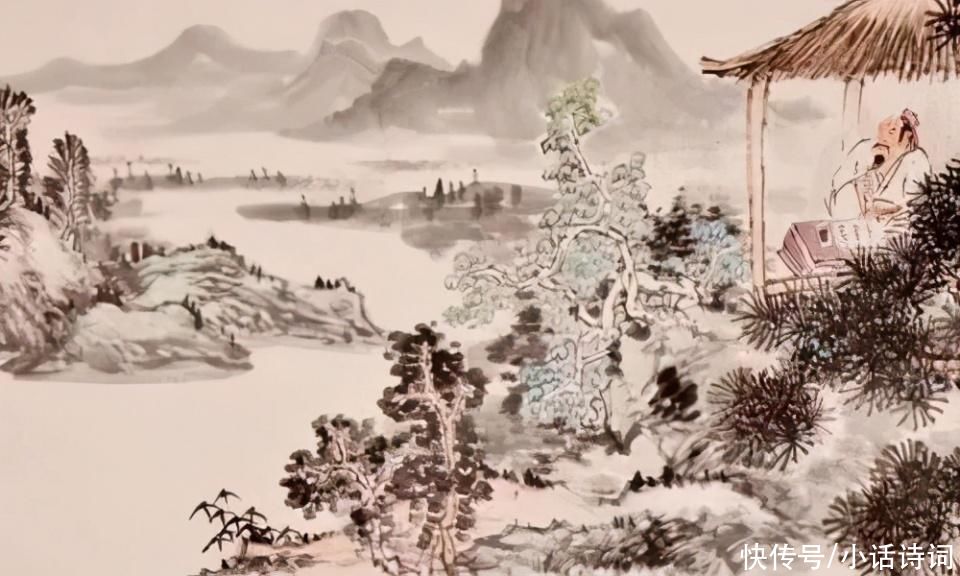
This is a poem written in autumn, you can see from this poem Out of Cheng Hao’s character, the poet is in a good mood, demure and comfortable, he does things in a calm and natural way.
One or two sentences wrote that the poet fell asleep and woke up naturally, and the sun was shining through the window. This is a poetic picture. Get enough rest and feel comfortable.
Three or four sentences to write about the unique scenery of autumn. When the poet wakes up, his physical strength is restored and his energy is full, and then he calmly walks out to enjoy the overwhelming autumn scenery .
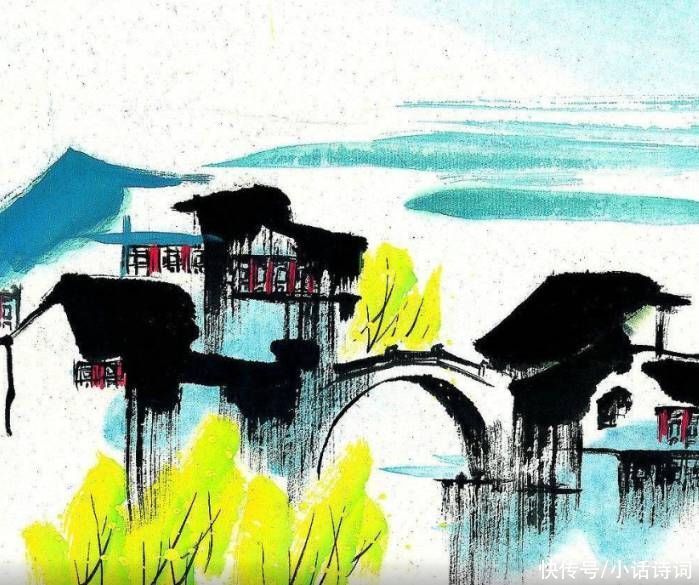
When the poet appreciates everything with a peaceful mind, he finds everything Each has its own characteristics, and each has its own reason for existence. The mood of the poet is at ease. While the poet enjoys the pleasures brought by nature, his body and mind are also cultivated by nature.
This poem contains the poet Cheng Hao’s attitude towards life. Spring, summer, autumn and winter, the four seasons alternate and reciprocate, and each season has its own unique scenery and unique place. These natural phenomena must be savored by human beings, and the pleasures brought by nature should be enjoyed with an ordinary mind.
This poem also contains poet Cheng Hao’s deep thoughts on life. The word “contemplation” is the poet’s attitude towards life, which is the philosophy of philosophy. Contemplation means that the poet does not care about personal gains and losses, and treats the difficulties faced in life with a normal heart.
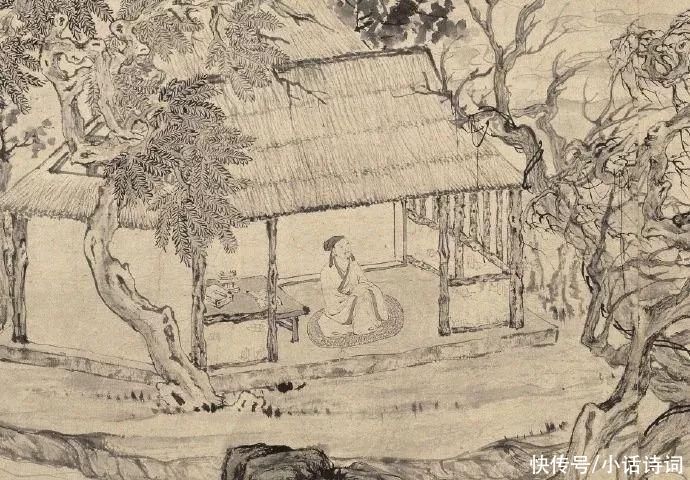
The poet thinks “contemplation” is the ordinary mind, but there is not much His desire is his attitude towards life. Only after he has such an attitude towards life can he experience happiness.
The last four lines of this poem are the poet’s thoughts on life, the poet’s thoughts on the gains and losses and the difficulties of life. Since there is a life attitude of “contemplation”, it is possible to look down on the rich, the poor and the poor, the gains and losses of honor and disgrace, and treat all these with a normal heart.
Able to look at everything in the world with a normal mind, that is, a real hero. Cheng Hao’s thought obviously surpasses traditional Confucianism.
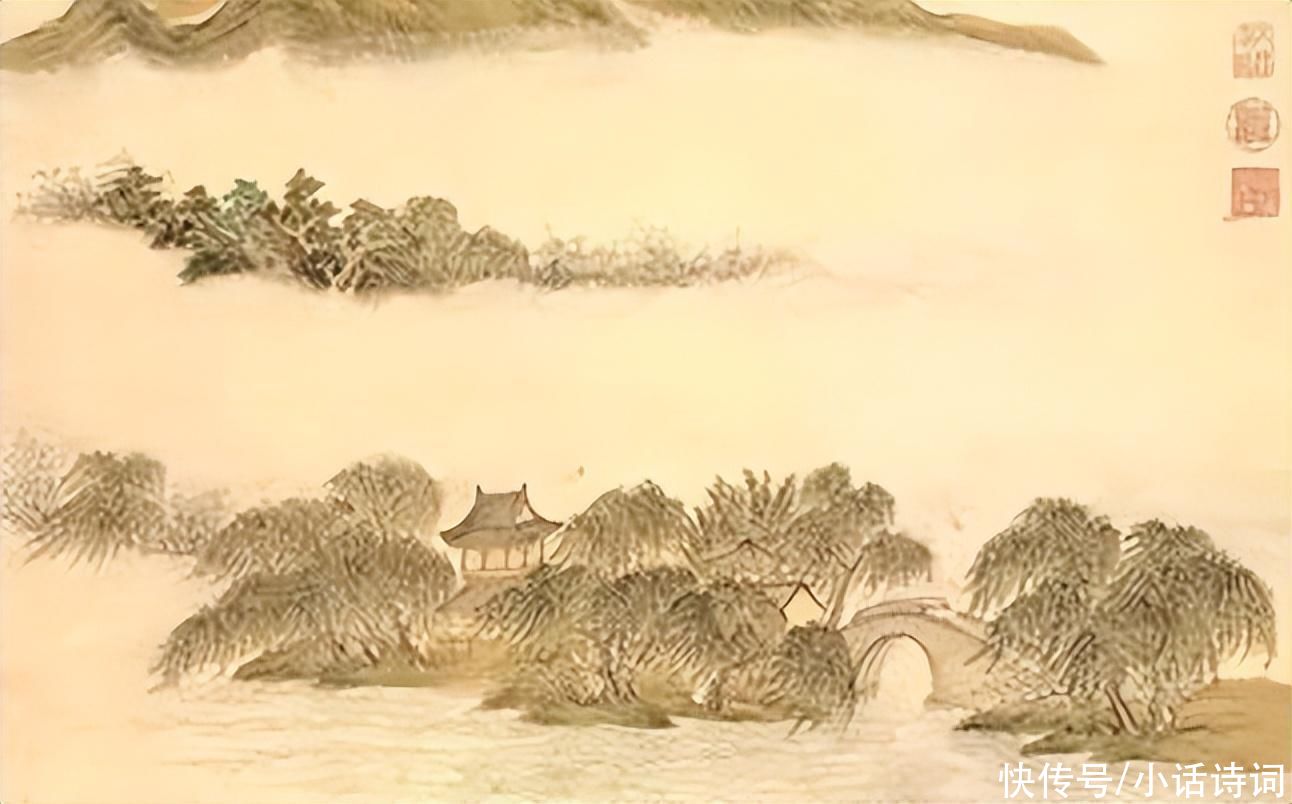
In this song “You Yuepi”, the poet also expresses It is a very reasonable and interesting poem at the same time. The original poem is as follows:
Yuepi embankment lingers on four sides, and there is Zhongtian Baichi Terrace in the north.
Everything has changed with the autumn weather, and a bottle of chatting opens for the cool night.
The shadows of the clouds in the heart of the water take pictures leisurely, and the sound of the spring under the forest is quiet and spontaneous.
There is no reason to do anything in the world, but I will accompany you every time you save money.
This is a travel poem and a poem full of life philosophy. The poet wrote about some vivid scenes around the pond, and finally wrote about the philosophy of life perceived from the natural scenes.
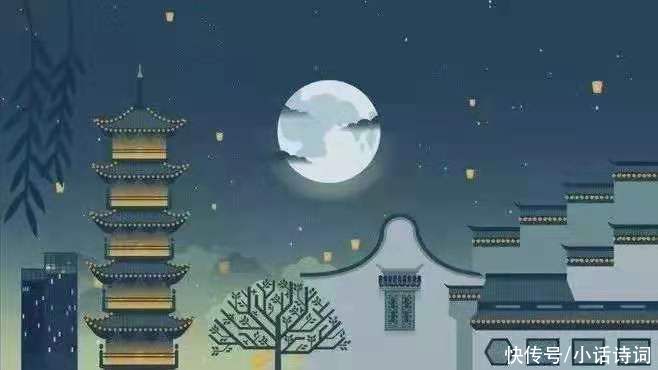
The first two sentences are descriptions of the scenery, the environment in the poet’s pen is elegant and demure, and this is exactly what the poet The realm pursued by Cheng Hao. The last two sentences are the poet’s philosophical thinking. The poet thinks that there is no need to care about things in the world. This is a true portrayal of the poet’s indifferent feelings.
It is better to have an appointment during the festival. It is a great pleasure to meet and laugh with good friends during the festival. This is the natural attitude of the poet to look at everything with a normal heart. At the edge of the cool pond in the evening, the poet felt the true meaning of life, and also expressed the philosophy of life.
Cheng Hao believes that the way of nature is connected with all visible and invisible things in nature, and all thoughts are also permeated in the alternation of four seasons in nature. , In the ever-changing situation, if you can maintain such a simple happiness, you will be content and happy.
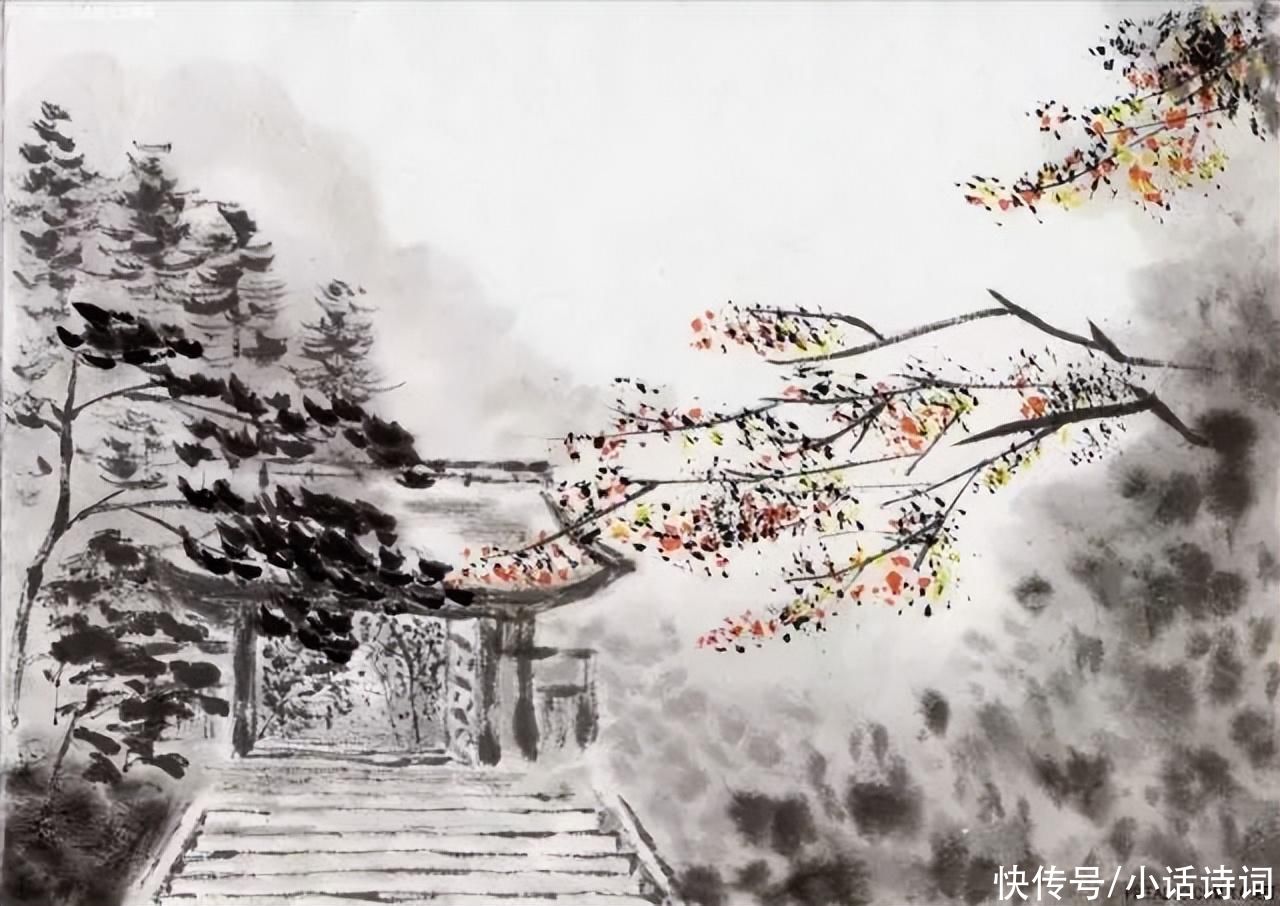
processHao’s philosophical thought is simple, sentimental, and integrated with nature. The poet’s “Ti Huainan Temple” is like this. The original poem is as follows:
Going from the south to the north to take a break, Bai Ping blows up Chu Jiangqiu.
The Taoist person is not a sad autumn guest, and he is relatively sad in the evening.
Cheng Hao once came to Yangzhou in late autumn and passed by Huainan Temple, a scenic spot in Yangzhou at sunset. The poet is exhausted on his journey. When he finds a place to rest, he should rest as soon as possible. Why not just take it easy? Overnight at Huainan Temple is a good choice.
The rustling autumn wind has already had a distinct chill, and the white apples on the river have disappeared. The first two sentences describe the autumn sights the poet saw during the trip, and the place where he stayed.
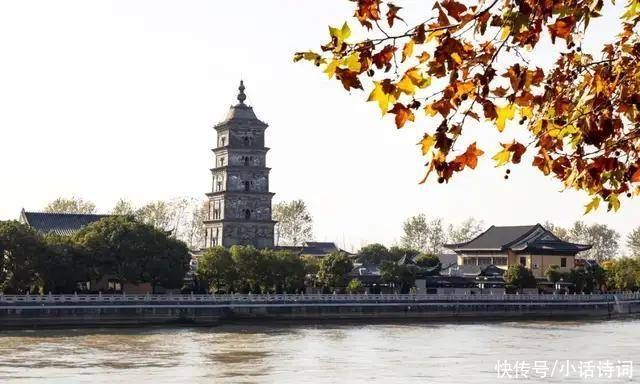
“Taoist” refers to a person who pays attention to morality and academic cultivation, because Cheng Hao focuses on the research of science, which is the title of the author himself. The poet is tired of the long-term “going from the south to the north”. From the poet’s mentality of being at ease with the situation, we can see how much he longs for a peaceful and comfortable life and is eager to be reunited with his family.
The poet is very sensitive to the arrival of autumn, which is the change of seasons, the cycle of the four seasons, and also the poet’s understanding of nature, and he also integrates his body and mind into nature among. It is precisely because the poet is so sensitive to autumn that he can say the words “the late mountains are relatively sad”.
The poet’s heart is sad, that is, he is tired of this life of “going from the south to the north”, and the poet longs for peace and comfort. Life is precisely the simple and happy life that people pursue. Simple things contain the philosophy of life.
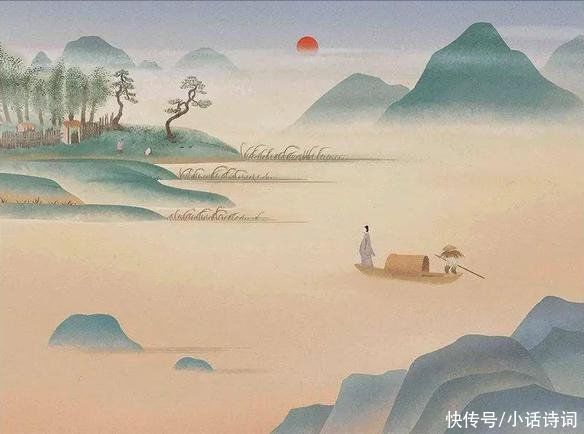
Small words and poems
1085, Cheng Hao passed away at the age of 54. His life was short, but he made contributions to the development and innovation of Neo-Confucianism.
Cheng Hao has a solid academic foundation, and he also attaches great importance to his own cultivation. His honesty and honesty gave him a broad-minded personality, and these many factors created his philosophical thoughts.
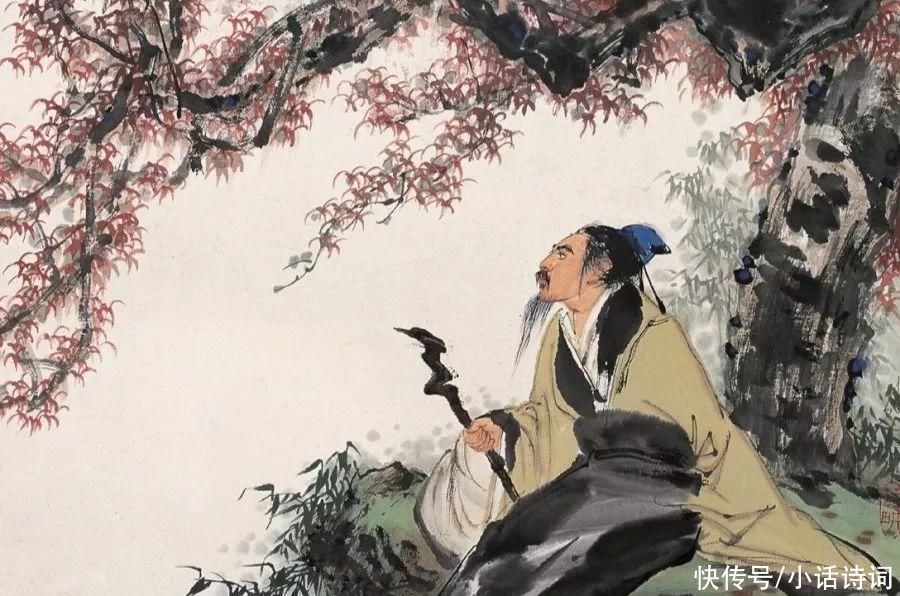
As he wrote in Cheng Hao’s “Autumn Day” , “The way goes through the world and the outside world, thinking into the metamorphosis of the situation” is a true portrayal of his philosophical life, and he has been working hard to practice his throughout his life.
The “Tianli” proposed by Cheng Hao is a kind of Confucian doctrine of perfection, a product of the times. This philosophical thought is a universal moral principle that people should strive to pursue and use for self-discipline. In other words, Cheng Hao’s Neo-Confucianism is a requirement for morality and academic accomplishment.